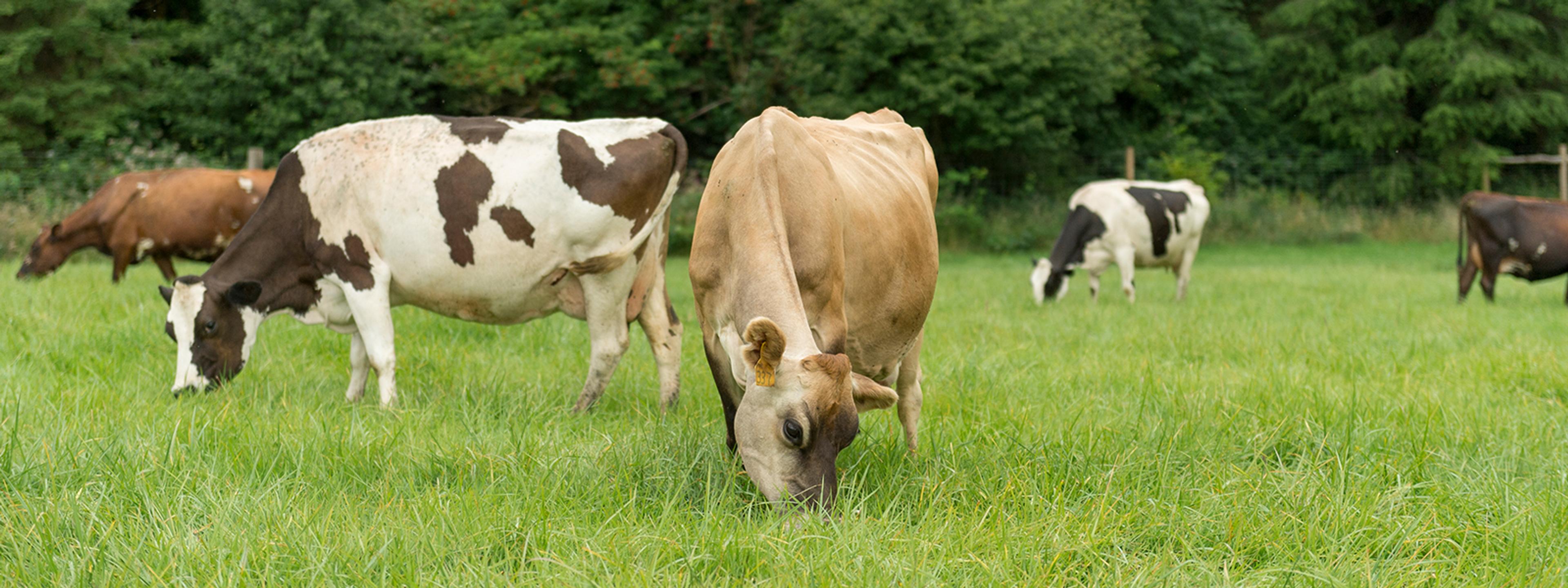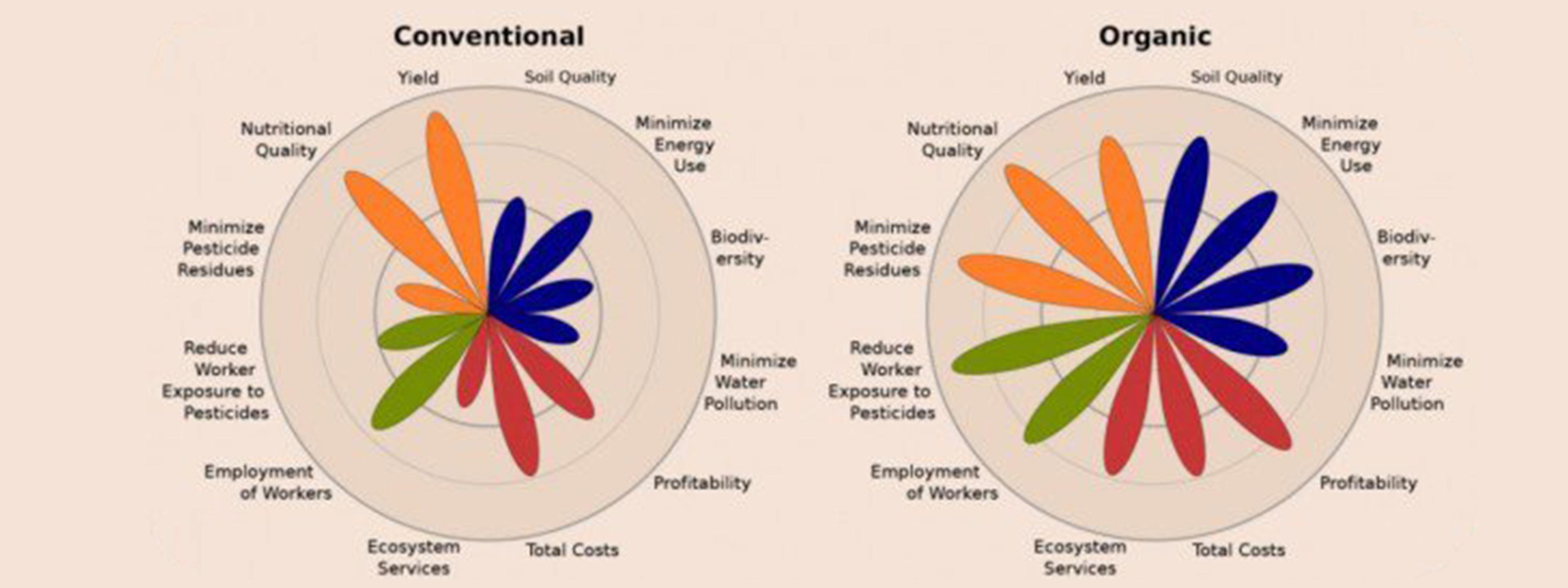
Organic
New Study Shows Organic Ag is Key to Feeding the World
Researchers at Washington State University have concluded that organic agriculture is key to feeding the world sustainably.
The chart above shows that, according to 40 years of research comparing organic and conventional practices, organic farming (right) better balances the four areas of sustainability as identified by the National Academy of Sciences: productivity, economics, environment, and community well being.
This exciting news puts data to what we at Organic Valley and Organic Prairie have observed first-hand on our own farms for years: improvements in soil, water and feed quality, less energy use, increased biodiversity, reduced exposure to toxic chemicals for both farm workers and consumers, near-equal yields to conventional crops over time, and fair wages for the farmers.
Lower yields have long been a criticism of organic farming, but once soil quality improves, yields often nearly equal or even exceed conventional yields, especially during severe weather events. “In severe drought conditions, which are expected to increase with climate change, organic farms have the potential to produce high yields because of the higher water-holding capacity of organically farmed soils,” said John Reganold, WSU regents professor of soil science and agroecology and one of the study’s authors.
WSU’s statement says that Reganold and co-author Jonathan Wachter, WSU doctoral candidate, “suggest that no single type of farming can feed the world. Rather, what’s needed is a balance of systems, ‘a blend of organic and other innovative farming systems, including agroforestry, integrated farming, conservation agriculture, mixed crop/livestock and still undiscovered systems.'”
There is still a lot of work to be done. Organic agriculture is still only one percent of the world’s agriculture, and there are policies in this country and many others that place significant barriers on expanding organic ag. We at CROPP Cooperative hope this study will spur interest in policy changes that support organic research and growth of organic agriculture, and we hope it encourages consumers and farmers to question the prevailing message that only industrial farming methods can feed the world.
Organic agriculture CAN feed the world, and it must be a key component to the planet’s future food security.














